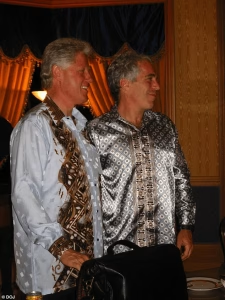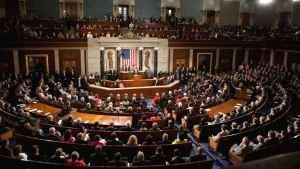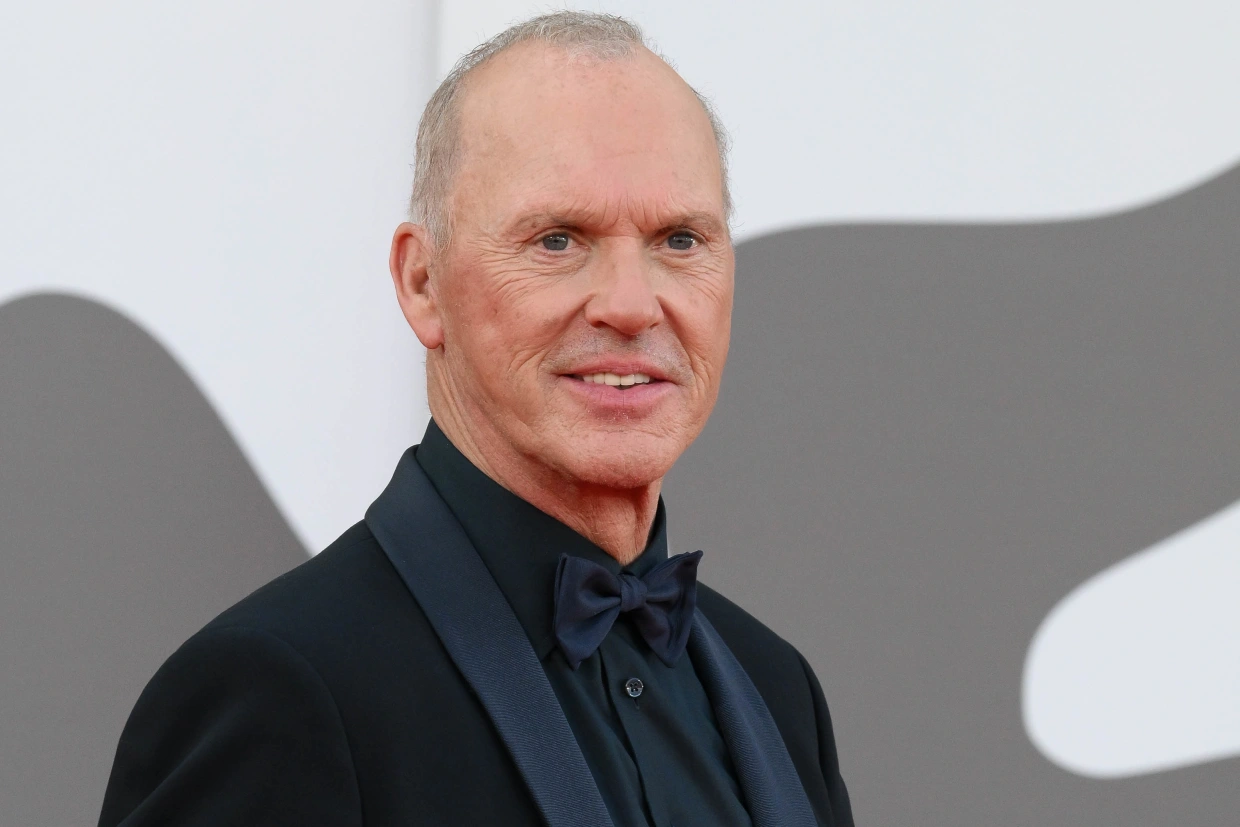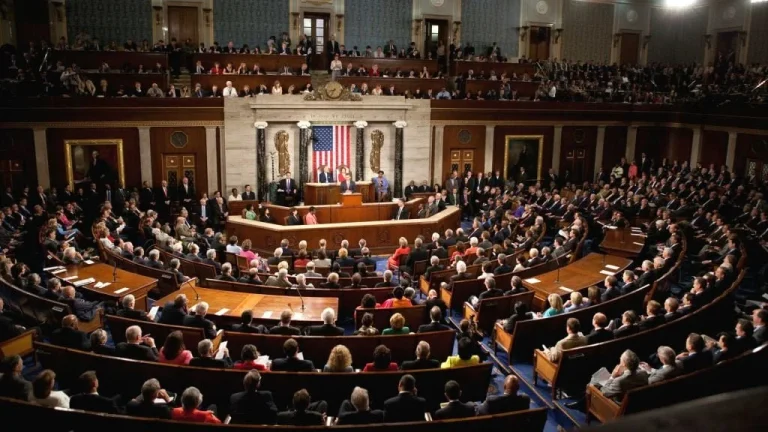The intersection of politics, celebrity culture, and public tragedy has once again ignited controversy—this time surrounding actor Michael Keaton. The veteran Hollywood star, widely respected for his decades-long career spanning Batman to Birdman, is under fire for comments he made about the assassination of conservative commentator Charlie Kirk. His words, delivered at a journalism gala in Washington, D.C., on September 15, have sparked heated debates online about propriety, timing, and the role of celebrities in political discourse.
A Nation Still Processing the Assassination
The controversy comes in the wake of a national shock. On September 10, 31-year-old Charlie Kirk was fatally shot during a campus debate at Utah Valley University in Orem, Utah. The attack occurred in front of hundreds of students, faculty, and attendees, instantly transforming what was intended to be a spirited exchange of ideas into a scene of chaos and grief.
Authorities quickly identified the alleged gunman as Tyler Robinson, a 22-year-old Utah resident, who was apprehended at the scene and has since been charged with seven counts, including capital murder. Prosecutors have indicated they may pursue the death penalty, underscoring the severity of the crime and the high-profile nature of the victim.
The killing of Kirk—founder of the conservative youth group Turning Point USA and a frequent advocate for gun rights—has dominated headlines across the country. His death has been framed not only as the loss of a prominent public figure but also as a catalyst for renewed debates about political violence, gun laws, and the growing toxicity in America’s civic culture.
Controversial Reactions in the Public Sphere
As the nation grieves, reactions to Kirk’s assassination have varied widely. For many of his supporters, the tragedy is both personal and political—a devastating blow to conservative activism and a sobering reminder of the dangers faced by outspoken figures in polarized times. For others, however, responses have ranged from awkward missteps to overt hostility.
In recent days, several public figures have drawn criticism for their reactions. Ava Raine, the daughter of wrestling legend Dwayne “The Rock” Johnson, came under fire for reposting a cryptic social media message that some interpreted as a veiled reference to Kirk. British punk band Bob Vylan sparked outrage with an unapologetically harsh statement labeling Kirk a “piece of s***.”
MSNBC analyst Matthew Dowd also lost his position after referencing “hateful thoughts” in a discussion about Kirk’s life and rhetoric. Each of these incidents has underscored the delicate balance public figures must navigate in responding to a politically charged assassination: how to acknowledge tragedy without inflaming division or appearing callous.
Keaton’s Words: Sympathy and “Irony”
Against this backdrop, Michael Keaton’s remarks carried particular weight. Speaking at the Investigative Reporters and Editors’ 50th anniversary gala, the 73-year-old actor opened his speech by addressing the assassination directly.
“Before we start to get into the meat of this thing, I’m going to take a minute to say that, regardless of how I probably — not probably — have disagreed with many things he said, Charlie Kirk leaves behind two kids and a wife,” Keaton told the audience. “You gotta remember that.”
His opening words struck a sympathetic tone, acknowledging Kirk’s surviving family and the human loss behind the headlines. However, it was his next statement that sparked controversy.
“Because in the end, shooting people will never answer anything,” Keaton continued. “And the irony that he was killed with a gun is unbelievable.”
The comment was widely interpreted as a pointed reference to Kirk’s outspoken defense of the Second Amendment and his resistance to gun control legislation.
Backlash Online and in Conservative Media
Almost immediately, Keaton’s words triggered a wave of responses on social media. Supporters of Kirk accused the actor of minimizing the tragedy by framing it as “ironic” rather than unequivocally condemning the act of violence.
“This right here is why sooo many people checked out of watching anything Hollywood creates,” one critic wrote on X (formerly Twitter). “Third grade education on display again.”
Another user called Keaton “a moron,” while others labeled him “garbage,” accusing the actor of politicizing a moment of national mourning. Conservative commentators amplified the outrage, framing Keaton’s comments as an example of Hollywood’s perceived disdain for right-leaning Americans.
“The only irony is that far-left subhumans who scream for gun control keep using guns to hurt innocent law-abiding Americans. Hypocrite,” one online critic fumed.
A Divided Response
Not everyone, however, found Keaton’s remarks offensive. Some defended the actor, arguing that he acknowledged Kirk’s family and spoke against violence while also pointing out an undeniable element of tragic contradiction.
“He disagreed with Kirk. Ironic he was shot with a gun. What’s so offensive?” one user asked. “Y’all need to take it easy on the cult stuff.”
Others noted that Keaton, unlike some of the harsher voices online, had not celebrated Kirk’s death or denigrated his character but instead used the moment to highlight the pervasive nature of gun violence.
Celebrity Commentary and Political Tragedy
The firestorm surrounding Keaton reflects a broader tension in American culture: the role of celebrities in public political discourse, especially in the aftermath of tragedy. On the one hand, actors, musicians, and other public figures wield enormous platforms and influence, giving them the power to shape conversations around critical issues. On the other, their involvement often fuels accusations of insensitivity, opportunism, or ideological bias.
Keaton himself has long been outspoken about social and political issues, though typically in the context of broader liberal causes rather than direct commentary on individual figures. His decision to address Kirk’s death, therefore, reflects both the scale of the tragedy and the risks inherent in weighing in on polarizing subjects.
The Larger Conversation
Beyond the debate over Keaton’s words lies a deeper national struggle. The assassination of Charlie Kirk has reignited fierce arguments over gun laws, political extremism, and the responsibilities of public figures to foster dialogue rather than division.
Kirk’s life and work, often characterized by sharp rhetoric and unapologetic advocacy, made him a lightning rod for both admiration and criticism. His death has only magnified those divisions, with reactions falling largely along ideological lines. For some, he is a martyr of free speech and conservative principles; for others, he remains a symbol of political combativeness.
Where the Story Goes Next
As the legal case against Tyler Robinson unfolds, attention will likely shift back to the courts and the pursuit of justice for Kirk’s family. Yet the broader cultural debates surrounding his death—and the reactions it has provoked—are unlikely to fade quickly.
Michael Keaton’s remarks, whether seen as compassionate, tone-deaf, or both, serve as a reminder of how deeply intertwined celebrity, politics, and tragedy have become in the modern media landscape. His words will continue to be dissected not just for what they reveal about Hollywood’s relationship with conservative America but also for what they say about the state of the national conversation itself.
Conclusion
Charlie Kirk’s assassination was, above all else, a human tragedy—the violent loss of a husband, a father, and a prominent public figure. In the days since, the responses to his death have illuminated the profound divisions running through American society. Michael Keaton’s attempt to address the moment shows how even well-intentioned words can become flashpoints in a polarized era.
Whether one sees his comments as empathetic, ironic, offensive, or simply clumsy, they underscore a larger truth: in a nation fractured by politics, every statement about tragedy risks becoming part of the battlefield.

James Jenkins is a celebrated Pulitzer Prize-winning author whose work has reshaped the way readers think about social justice and human rights in America. Raised in Atlanta, Georgia, James grew up in a community that instilled in him both resilience and a strong sense of responsibility toward others. After studying political science and creative writing at Howard University, he worked as a journalist covering civil rights issues before dedicating himself fully to fiction. His novels are known for their sharp, empathetic portraits of marginalized communities and for weaving personal stories with broader political realities. Jenkins’s breakout novel, Shadows of Freedom, won national acclaim for its unflinching look at systemic inequality, while his more recent works explore themes of identity, resilience, and the fight for dignity in the face of oppression. Beyond his novels, James is an active public speaker, lecturing at universities and participating in nonprofit initiatives that support literacy and community empowerment. He believes that storytelling is a way to preserve history and inspire change. When not writing, James enjoys jazz music, mentoring young writers, and traveling with his family to explore cultures and stories around the world.







